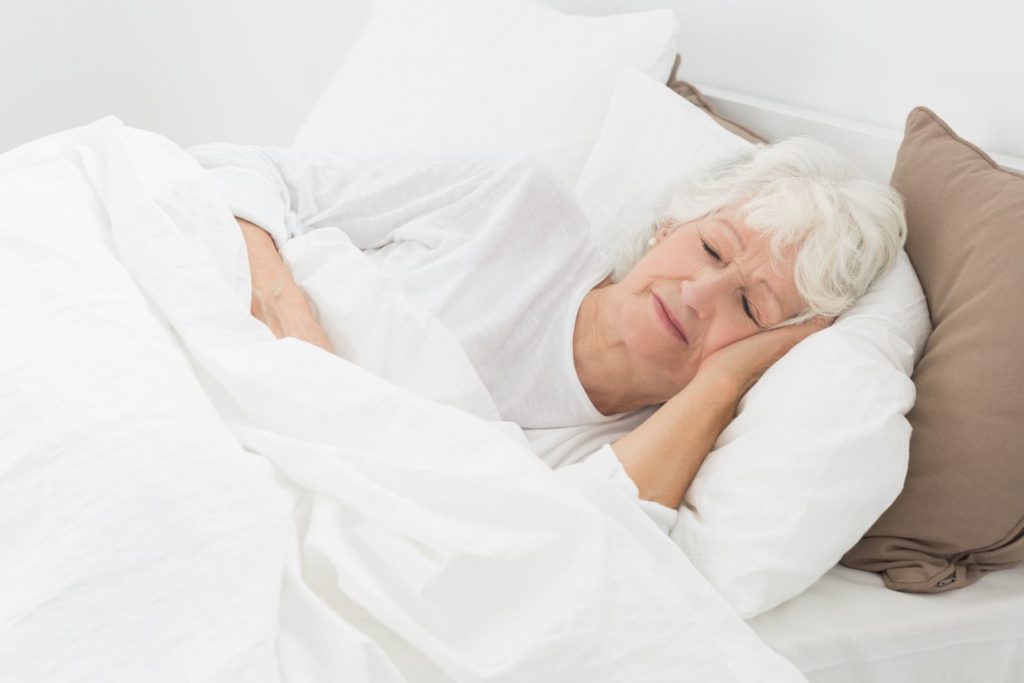Have you ever observed a newborn baby and wished you could sleep as deeply as they do? The natural cycle dictates that the older we grow, the harder it becomes to sleep. This is especially true for the seniors who can spend hours tossing and turning in bed before they can get some sleep. For some, the problem is so bad that they are forced to seek intervention from a sleep specialist.
We will take a look at the sleeping patterns from birth to old age and possibly shed a light on why the more we age, the harder we find it to sleep.
Newborns spend 16-20 hours asleep every day. Their sleeping patterns are sporadic. How many times do you put the newborn down to sleep with the hope of catching a few zzzz’s yourself only for the baby to wake up barely an hour later? Fortunately, after 3-4 months, they tend to sleep a little bit longer.
- Ages 1-5
Sleep declines to between 11-12 hours daily. At this age, the child can sleep through the night with one or two naps during the day. Children spend a lot of time in slow-wave sleep that is important for their rapid growth and development. Blood supply and tissue growth and repair occur during sleep.
- Ages 6-12
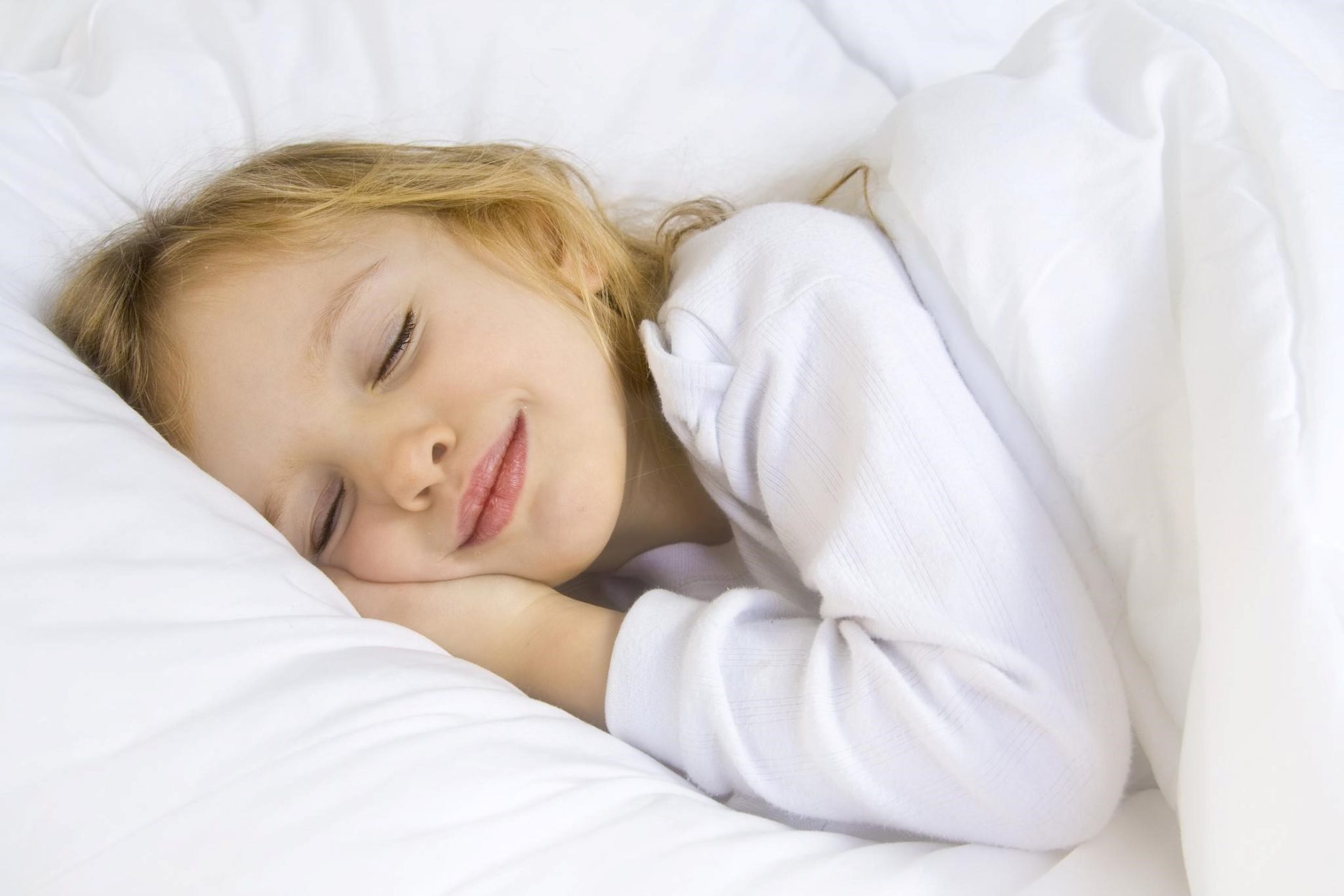 The naps may decline all together and they depend on night sleep to get their sleep requirements. They average approximately 10-11 hours of sleeper day.
The naps may decline all together and they depend on night sleep to get their sleep requirements. They average approximately 10-11 hours of sleeper day.
- Ages 13-19 (teenager)
The sleep patterns do not change much from pre-adolescence although teens tend to sleep much later. Their circadian rhythm prevents teens from feeling sleepy until much later in the day. They, however, need to average about 9 hours of sleep but many make do with 8 hours because of daily demands on their time like schooling and their social lives which may lead to sleep deprivation. Most will try to catch up with sleep during the weekend but their internal sleep clock will have already been messed with making it hard for them to achieve good quality sleep.
At this age sleep, problems may begin to show up.
- Ages 20 -50 (Adults)
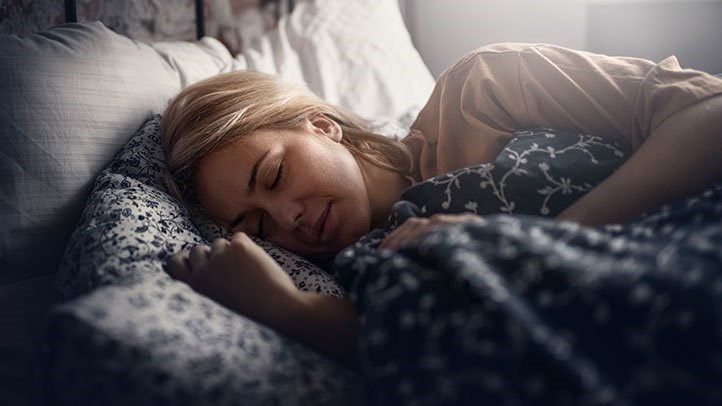 Adults are on average able to achieve 7-8 hours of sleep per day. Young adults in their 20’s are much like newborns as they experience the lowest rate of sleep disturbance. Each individual needs to pay attention to their bodies so that they can figure out the right amount of sleep for them, you will know this because you will wake up feeling refreshed and remain alert throughout the day.
Adults are on average able to achieve 7-8 hours of sleep per day. Young adults in their 20’s are much like newborns as they experience the lowest rate of sleep disturbance. Each individual needs to pay attention to their bodies so that they can figure out the right amount of sleep for them, you will know this because you will wake up feeling refreshed and remain alert throughout the day.
Be cognizant of the fact that quantity is not equals to quality; you can get 8 hours of heavily interrupted sleep which will do nothing for you. Ensure that your sleep environment allows you to enjoy uninterrupted sleep.
The sleep-wake homeostasis and the internal clock keep us alert during the day and allow for sleeping at night. This can change with age when the window narrows making older people sleep and wake up earlier, it could also be the reason why adults find it difficult to nap during the day. A decline in sleep patterns starts to show between ages 36-50.
Some adult women have sleep problems during their menstrual cycles, pregnancy, and menopause. During pregnancy, the hormonal changes bring in a host of issues including insomnia, breathing problems, restless leg syndrome among others, problems that tend to resolve once the baby comes. These are pretty much the same problems menopausal women face because of hormonal changes occurring in their bodies.
People aged 40+ tend to wake up more times in the night. Sleep becomes more fitful thus many feel sleep deprived. Taking a nap during the day can help. Exercise promotes deeper sleep more restorative sleep and fewer nighttime awakening.
- 60+ (Seniors)
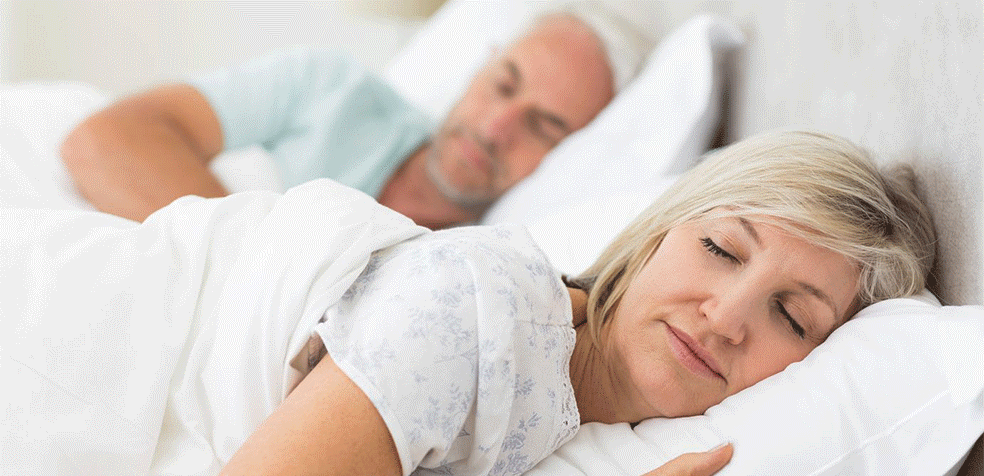 Seniors have the most trouble getting to sleep and are therefore prone to complications brought about by sleep deprivation. This is why it is a common sight to see a senior citizen nodding off during the day. They tend to suffer from insomnia and need to learn tips on how to cure insomnia so that they can avoid complications that come with sleep deprivation.
Seniors have the most trouble getting to sleep and are therefore prone to complications brought about by sleep deprivation. This is why it is a common sight to see a senior citizen nodding off during the day. They tend to suffer from insomnia and need to learn tips on how to cure insomnia so that they can avoid complications that come with sleep deprivation.
They also experience ‘advanced sleep syndrome’ where the internal clock tells them to go to bed and wake up early. Interestingly, research shows that older people need less and less sleep and are sharper mentally if they sleep for about 6-8 hours. More hours of sleep does not add to their mental acuity.
Other factors like the need to urinate more frequently at night or certain medications will affect the sleep cycle. Change in ones daily routine perhaps due to retirement and the associated worry about financial security in old age can lead to stress and ultimately lack of sleep.
So how can we sleep better as we get older?
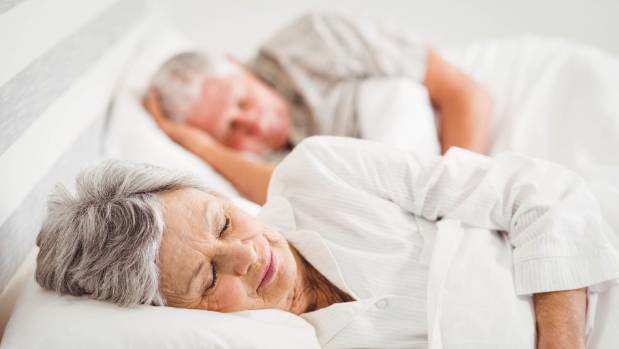
- Stick to a bedtime routine. Not doing so will mess with the internal clock which is very hard to reset.
- Use a warm bath to relax before you get into bed
- Ensure your bedroom is a sleeping zone. It needs to be clean, airy, have the right temperature and electronic free. Electronics like mobile phones and the television will disrupt your sleep.
- If you can, avoid that daytime nap. Sleeping during the day will make it hard to sleep at night.
- Avoid alcohol, it will only make you sleep for a short time and once it wears off you will be wide awake.
- Avoid sleep interruptions. If you know you have a weak bladder that will require you to make frequent trips to the bathroom at night, then you might want to avoid drinking fluids at night.
Conclusion.
Sleep is important for growth and development right from childhood until old age. Age does affect sleep patterns but there are measures you can take to ensure you sleep well every day. If you are having severe sleep problems then visit a doctor and let him help you find a solution.

